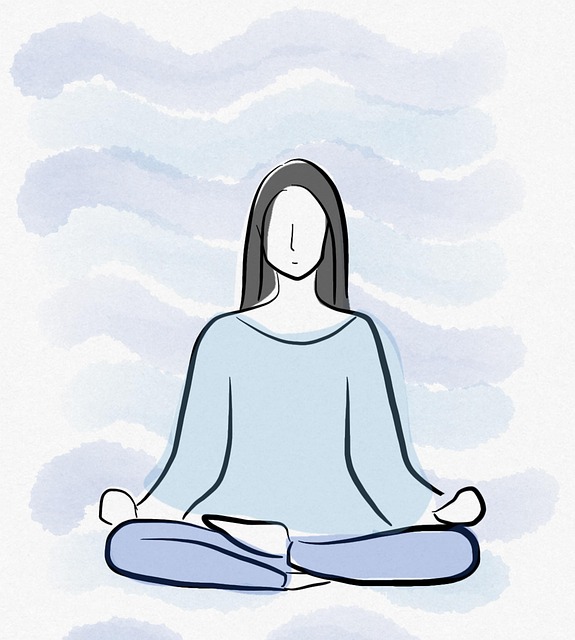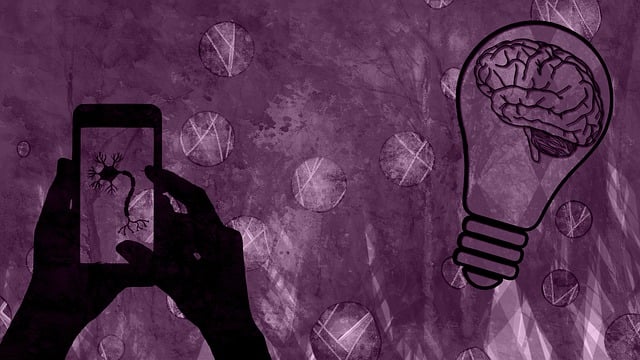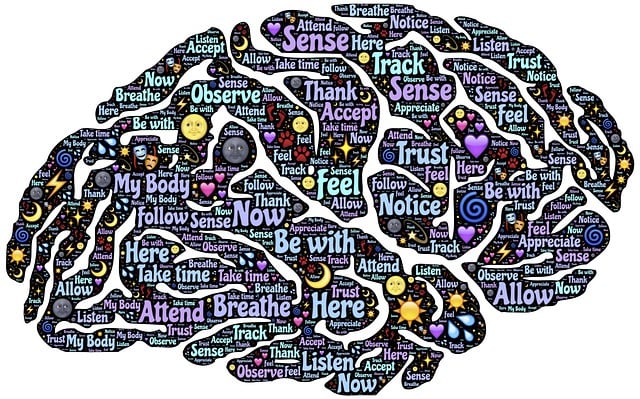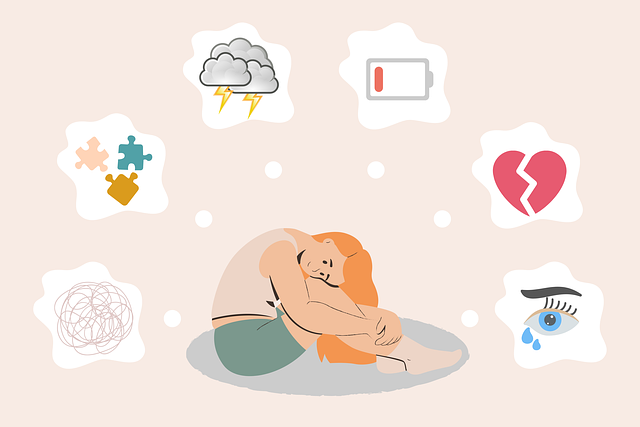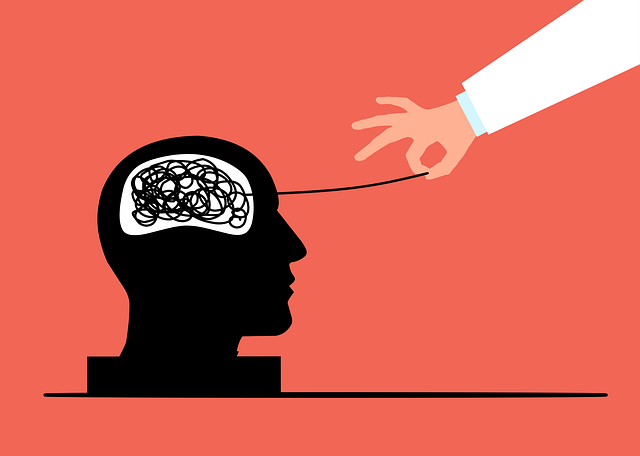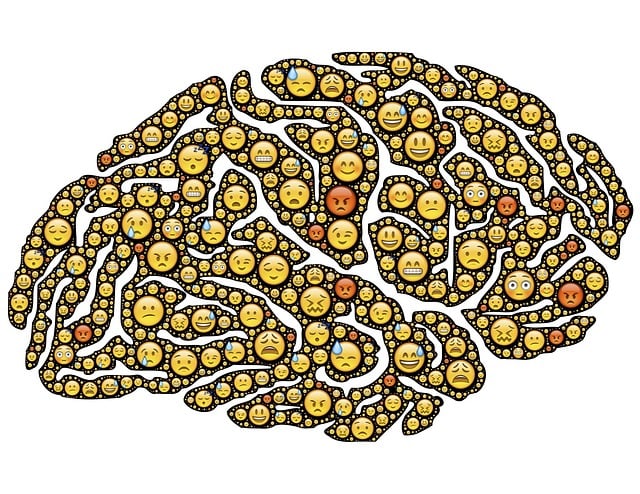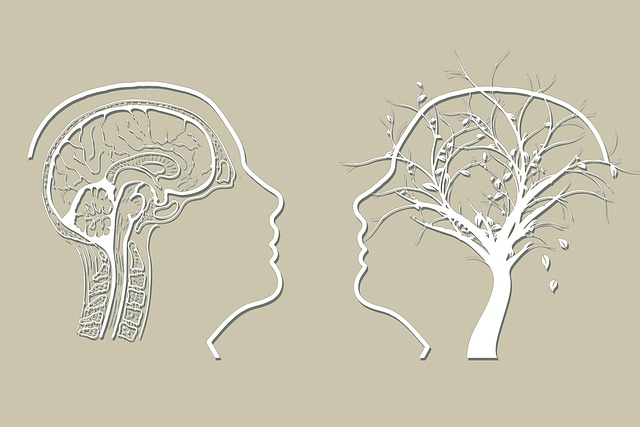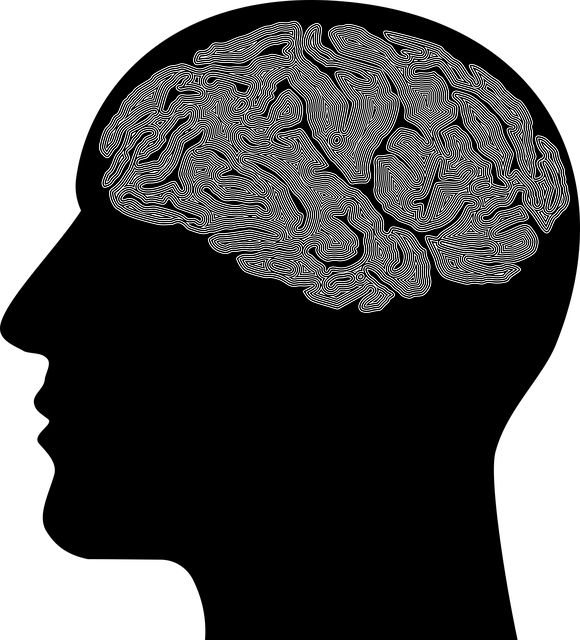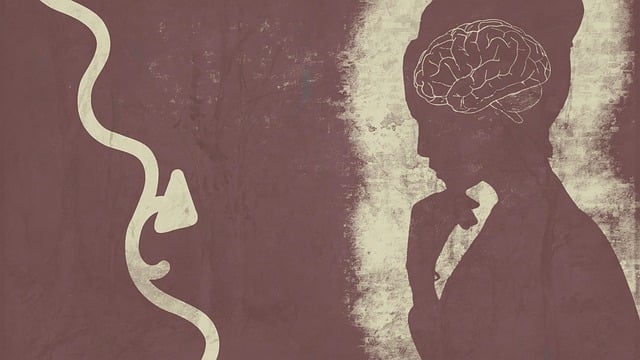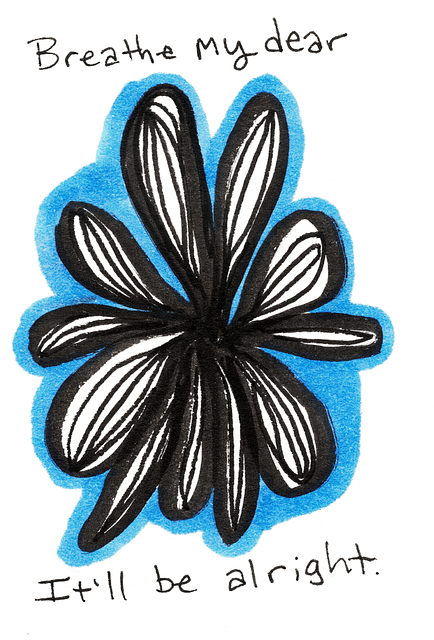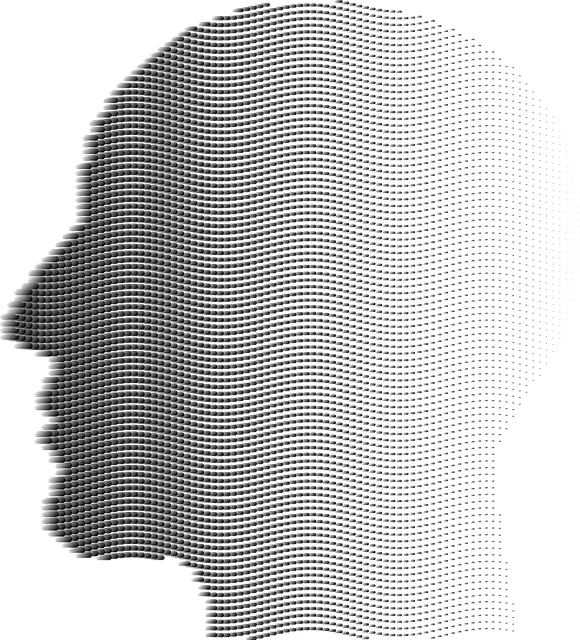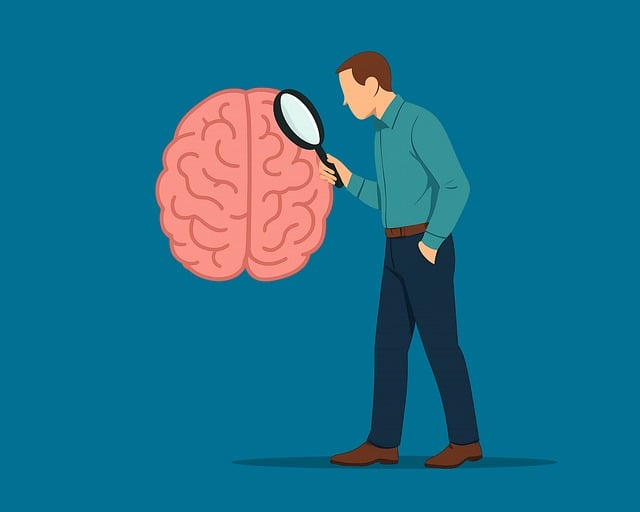Cultural sensitivity in mental healthcare is crucial for effective treatment, especially with today's diverse populations. Parker Geriatrics Therapy offers a holistic approach by integrating culturally relevant techniques like mindfulness and indigenous healing methods to address unique needs. Their model emphasizes understanding cultural contexts, beliefs, and values, tailoring interventions to improve patient outcomes while preserving cultural heritage and self-care practices. Community Outreach Program implementation further strengthens accessible services for diverse populations, ensuring trust and open communication through cultural sensitivity in geriatric therapy.
Mental healthcare practices are evolving to embrace cultural sensitivity as a cornerstone of patient-centered care. This is especially crucial in diverse societies, where individuals from various ethnic and cultural backgrounds seek support for their mental well-being.
This article explores the significance of cultural sensitivity in mental health, delving into challenges like unconscious biases and communication gaps. It highlights the effectiveness of evidence-based approaches such as Parker Geriatrics Therapy in fostering culturally competent practices, ultimately enhancing patient outcomes and satisfaction.
- Understanding Cultural Sensitivity in Mental Healthcare
- Challenges and Barriers in Cross-Cultural Therapy
- Strategies for Culturally Competent Practice using Parker Geriatrics Therapy
- Enhancing Patient Outcomes through Cultural Sensitivity
Understanding Cultural Sensitivity in Mental Healthcare

Cultural sensitivity in mental healthcare is a critical aspect that cannot be overlooked. It involves recognizing and respecting the diverse cultural backgrounds, beliefs, and values of individuals seeking treatment. In today’s diverse society, where people from various ethnic, religious, and socio-cultural groups coexist, mental health professionals must embrace cultural competence to provide effective care. This means going beyond language translation services to understand the unique ways in which different cultures perceive and express mental illness, hope for healing, and engage in therapeutic processes.
The integration of Parker Geriatrics Therapy principles within this context is invaluable. By adopting a holistic approach that considers not just the individual but also their cultural milieu, therapists can tailor interventions to meet specific needs. This might include incorporating culturally relevant therapy techniques, such as Mindfulness Meditation practices from Eastern traditions or Empathy Building Strategies inspired by indigenous healing methods. Community Outreach Program Implementation can further enhance cultural sensitivity by fostering connections with local communities, ensuring that mental healthcare services are accessible and responsive to the unique needs of diverse populations.
Challenges and Barriers in Cross-Cultural Therapy

In the realm of mental healthcare, cultural sensitivity is paramount to ensuring effective treatment for diverse patient populations. However, navigating cross-cultural therapy presents several challenges and barriers. One significant hurdle is the potential language gap, which can impede open communication and hinder a patient’s ability to express their unique cultural experiences and needs. This issue often requires the involvement of professional interpreters or translation services, adding complexity to therapeutic sessions.
Additionally, differing cultural norms and values can create misunderstandings and mistrust between patients and therapists. What is considered normal behavior in one culture may be perceived as inappropriate or offensive in another. For instance, certain cultures prioritize collective family decisions over individual choices, while others emphasize personal autonomy. Therapists practicing Parker Geriatrics Therapy need to be attuned to these nuances, fostering an environment that respects cultural boundaries and encourages the development of coping skills and emotional regulation, ultimately facilitating the emotional healing processes for all clients.
Strategies for Culturally Competent Practice using Parker Geriatrics Therapy

Implementing culturally competent practices is essential in mental healthcare to ensure effective treatment and promote emotional well-being among diverse patient populations. The Parker Geriatrics Therapy model offers valuable strategies for professionals aiming to deliver sensitive care. This approach emphasizes understanding a patient’s cultural context, beliefs, and values, which are integral to their overall mental wellness. By incorporating cultural considerations into therapy sessions, healthcare providers can create a safe space for individuals to express themselves honestly.
One key technique within Parker Geriatrics Therapy is encouraging patients to share their unique self-care practices and traditions. This knowledge enables therapists to tailor interventions, ensuring they align with the patient’s lifestyle and cultural identity. For example, incorporating traditional healing methods or respecting specific dietary needs can significantly enhance therapy outcomes. Through open dialogue, professionals can explore these aspects, fostering a collaborative environment that promotes not just mental health treatment but also encourages the preservation of cultural heritage and self-care practices.
Enhancing Patient Outcomes through Cultural Sensitivity

Incorporating cultural sensitivity into mental healthcare practice is a powerful tool for enhancing patient outcomes, especially within the context of geriatric therapy as offered by Parker Geriatrics Therapy. Understanding and respecting a patient’s cultural background, beliefs, and values can foster an environment of trust and safety, encouraging open communication. This, in turn, allows healthcare professionals to provide more personalized and effective treatment plans that are aligned with the patient’s unique needs and preferences. By adopting this approach, mental health practitioners can significantly improve patient engagement and satisfaction, ultimately leading to better clinical outcomes.
Cultural sensitivity goes beyond mere awareness; it involves actively adapting therapeutic techniques to accommodate diverse populations. This might include incorporating traditional healing practices, respecting religious or spiritual beliefs, and addressing any potential cultural barriers to care. For instance, Parker Geriatrics Therapy emphasizes mind over matter principles, recognizing that emotional regulation can be influenced by cultural factors. Tailoring interventions to consider these nuances ensures that patients from various backgrounds experience improved mental well-being, reflecting the holistic nature of cultural sensitivity in mental healthcare practice.
In conclusion, integrating cultural sensitivity into mental healthcare practice, such as utilizing the principles of Parker Geriatrics Therapy, significantly enhances patient outcomes. By understanding and overcoming cross-cultural barriers, therapists can create a more inclusive environment that respects diverse beliefs and traditions. This approach not only improves therapeutic effectiveness but also fosters stronger relationships between caregivers and patients from various cultural backgrounds. Embracing cultural competency is essential for providing holistic care in today’s diverse society.
